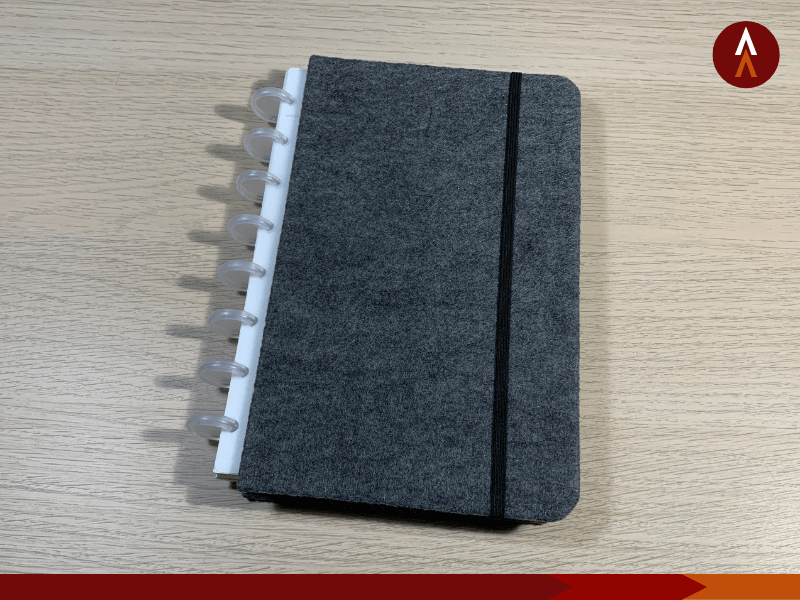
Running a small business is no easy feat, and one of the keys to success is effective planning. A planner can be an incredibly useful tool for small business owners, allowing them to keep track of tasks, deadlines, and appointments, as well as plan and strategize for the future. In this blog post, we’ll take a look at some of the best planning strategies for small business owners, and offer some tips for making the most of your planner.
How To Use Planning In Your Small Business
1. Start with the big picture
Before you start filling in your planner with tasks and appointments, take some time to think about your overall goals for your business. What do you want to achieve in the short-term, and what are your long-term aspirations? Once you have a clear understanding of your goals, you can start to break them down into smaller, more manageable tasks.
2. Prioritize your tasks
When you’re running a small business, there’s always more to do than there are hours in the day. That’s why it’s important to prioritize your tasks, so you can focus on the most important things first. One helpful strategy is to divide your tasks into categories, such as “urgent,” “important but not urgent,” and “not important.” Then, make sure you’re spending the majority of your time on the urgent and important tasks.
3. Use your planner to set deadlines
Setting deadlines can be a powerful motivator for getting things done. When you’re planning out your tasks, make sure you assign a deadline to each one. This will help you stay focused and ensure that you’re making progress towards your goals.
4. Break tasks down into smaller steps
Sometimes a task can feel overwhelming, especially if it’s something big and complex like launching a new product or redesigning your website. In these cases, it can be helpful to break the task down into smaller, more manageable steps. This will help you stay focused and make progress, even when the task feels daunting.
5. Review and adjust your plan regularly
Your business is constantly evolving, and your planning process should reflect that. Make sure you’re regularly reviewing your plan and adjusting it as needed. This will help you stay on track and ensure that you’re always working towards your goals.
Top Tips
So, how can you make the most of your planner as a small business owner? Here are some tips:
- Choose a planner that suits your needs. There are many different types of planners available, so make sure you choose one that works for you. Do you prefer a paper planner or a digital one? Do you need a lot of space to write or do you prefer something more compact?
- Use your planner consistently. Make a habit of updating your planner every day, so you always know what you need to do next.
- Make your planner work for you. Don’t be afraid to customize your planner to suit your needs. Add extra pages for notes or create your own sections for tracking specific tasks or projects.
- Keep your planner with you at all times. You never know when you’ll need to jot down an idea or remember an important appointment, so make sure you always have your planner within reach.
In conclusion, a planner can be an incredibly useful tool for small business owners. By using the right planning strategies and making the most of your planner, you can stay focused, prioritize your tasks, and achieve your goals.

